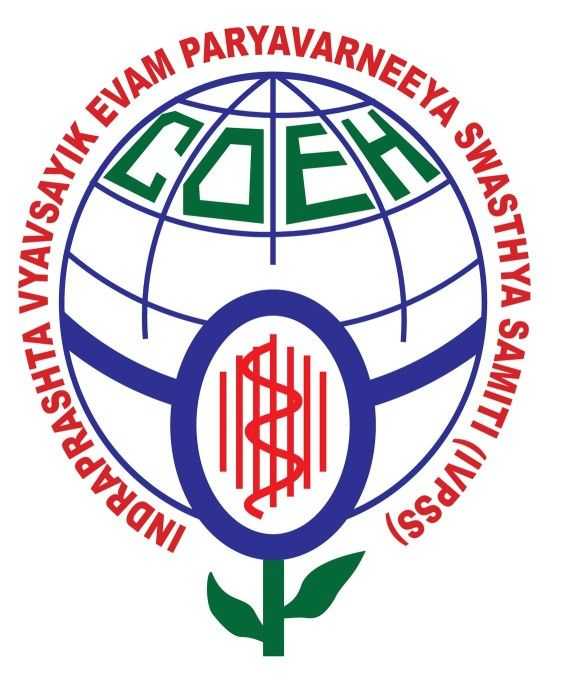

Hands – On - Training In Spirometry and Audiometry
Occupational health and safety is all about identifying and mitigating exposures and discovering the adverse health effects/outcomes at the earliest. Globally, after low back pain, Noise Induced hearing loss (NIHL) is the most prevalent occupational health disorder. The Lungs constitute the main portal of entry of hazardous exposures which affects the lung airways and parenchyma directly. After entering the circulation, the agents affect other organ systems. Therefore, it is essential that those practicing occupational health and safety including physicians and para – medics, possess skills to be able to conduct noise level assessment, audiometry, and the interpret audiometry results. Similarly, skills are required to be able to perform Pulmonary Function Testing as per the standard procedure and to interpret the values and graphs.
The Centre for Occupational and Environmental Health (COEH) at Maulana Azad Medical College (MAMC), New Delhi works in close collaboration with the super specialty department of Pulmonary Medicine at MAMC and the Department of ENT, which holds a high reputation internationally. The centre is offering a 3 days training programme to impart skills to the physicians and para –medics so that they acquire skills from the best experts available at the centre. Such Audiometry, spirometry assessments can be used to make well-informed decisions about occupational hearing loss and respiratory health (including the need for medical referrals), and to conduct programmes for prevention and early intervention.
Aim of the Audiometry Training :
To provide delegates with the knowledge to carry out screening audiometry, evaluate and categorise results.
To introduce delegates to the principles of hearing conservation in the workplace.
To provide an overview of the Control of Noise at Work Regulations 2005.
Learning Outcomes :
Be proficient in carrying out audiometric screening tests.
Appreciate the effects of noise on the hearing mechanism.
Categorise and interpret results.
Know when to refer to a doctor.
Have basic knowledge of a noise management programme.
Understand the principles of a good record keeping system.
Aim of the Spirometry at work course :
To provide the delegate with the knowledge to carry out lung function screening, evaluate, and interpret the results.
To introduce the delegate to the principles of prevention/early detection of Occupational Lung Disease.
Learning Outcomes:
Demonstrate knowledge of the anatomy and physiology of the respiratory system.
Be knowledgeable about the effects of irritants and sensitizers on the human body and the respiratory system.
Be proficient in carrying out lung function screening tests.
Demonstrate proficiency in interpretation of results.
Know when to refer to a pulmonologist.
Describe the measures required to implement the Regulations in relation to Occupational Lung Disease.
Demonstrate a basic knowledge of the actions required to reduce/eliminate the risk of Occupational Lung Disease,
Understand the worth of good record keeping.
Who can attend
Occupational Health and Industrial Doctors Nurses, Safety Officer and Researcher
Note :
1. No Accommodation will be Provided
2. Number of seats available – 25 per Batch (first-cum-first serve basis)
DURATION : 3 DAYS.